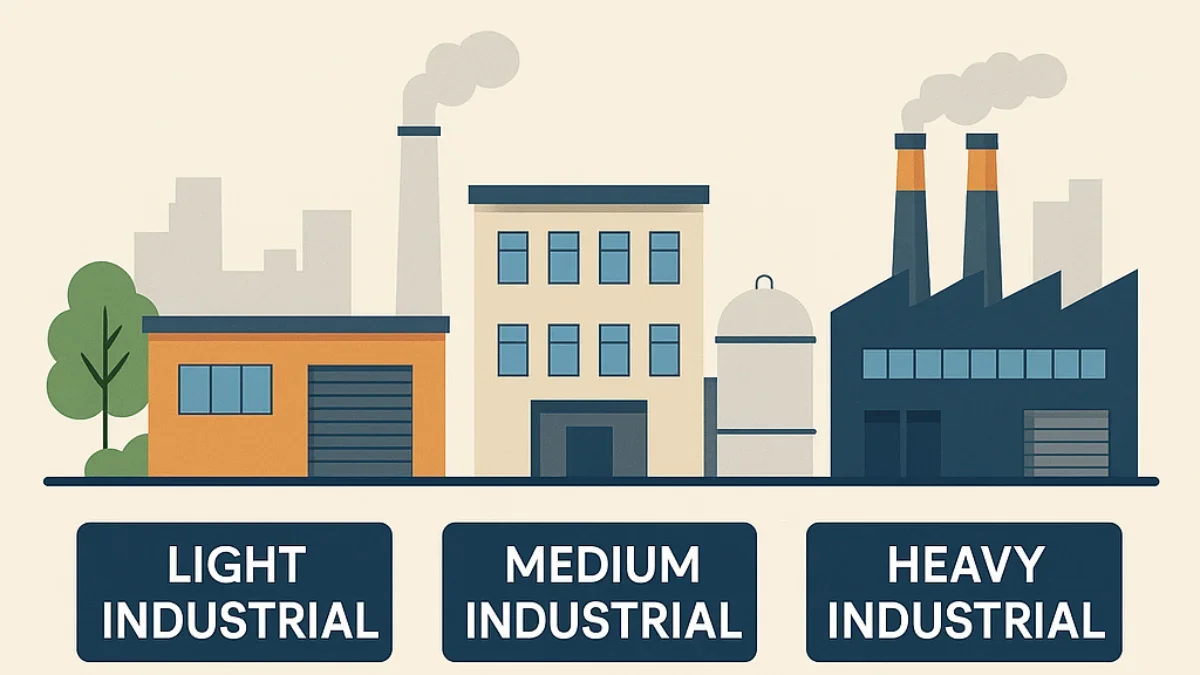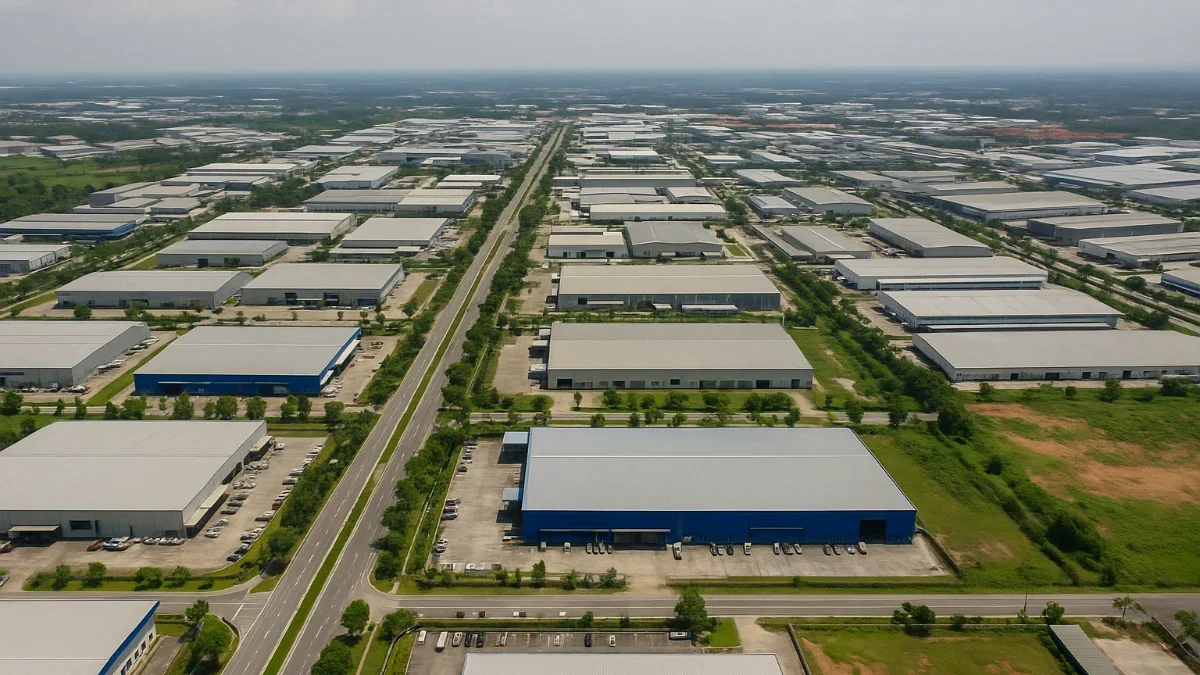Learn Malaysia’s industrial property zoning rules and how they impact factory, warehouse, and logistics investments.
Understanding Malaysia’s Industrial Property Zoning Rules
When buying or renting an industrial property in Malaysia, understanding industrial zoning classifications is crucial. Zoning determines what type of businesses and operations are allowed on a specific piece of land, and failure to comply can lead to costly penalties.
Let’s explore Malaysia’s industrial zoning system and how it affects your investment decisions.
What is Industrial Zoning?
Industrial zoning is a legal framework that controls how land can be used for industrial activities. Zoning ensures that factories, warehouses, and manufacturing plants are properly located to minimize environmental, traffic, and safety risks to surrounding areas.
Types of Industrial Zones in Malaysia
Malaysia’s local councils (Pihak Berkuasa Tempatan or PBT) typically classify industrial properties into the following categories:
1. Light Industrial (I-L)
-
Suitable for small-scale operations with minimal pollution.
-
Examples: packaging, assembly, food processing.
-
Often located near residential or commercial zones.
2. Medium Industrial (I-M)
-
Suitable for more intensive activities with moderate noise or waste.
-
Examples: printing, plastics, furniture manufacturing.
3. Heavy Industrial (I-H)
-
Suitable for large-scale factories with higher levels of emissions or heavy machinery.
-
Examples: steel plants, chemical factories, shipyards.
-
Usually isolated from residential areas.
Key Factors in Industrial Zoning Compliance
-
Business Type: Your operations must match the permitted use of the zone.
-
Building Approval: Must comply with local council regulations.
-
Environmental Impact: Heavy industries may require DOE (Department of Environment) approval.
-
Infrastructure Requirements: Proper road access, drainage, power supply, and waste management systems.
What Happens if You Breach Zoning Rules?
-
Fines and legal action from local authorities.
-
Forced cessation of business operations.
-
Potential difficulty in selling or leasing the property in the future.
How to Check Industrial Zoning
-
Contact the local council (PBT) for zoning maps and regulations.
-
Refer to the property’s land title (Geran Tanah) for zoning codes.
-
Consult with a qualified property agent or lawyer to verify compliance.
Conclusion
Understanding industrial property zoning in Malaysia is essential for ensuring smooth business operations, avoiding legal issues, and protecting your investment.
Whether you’re buying or renting a factory, always verify zoning classifications and consult the relevant authorities.
Browse industrial properties by zone on terragroup.my
Contact us for expert advice on Malaysia industrial property
Contact us Call Kenneth 017-380 9993 Or WhatsApp our team directly for the latest availability



